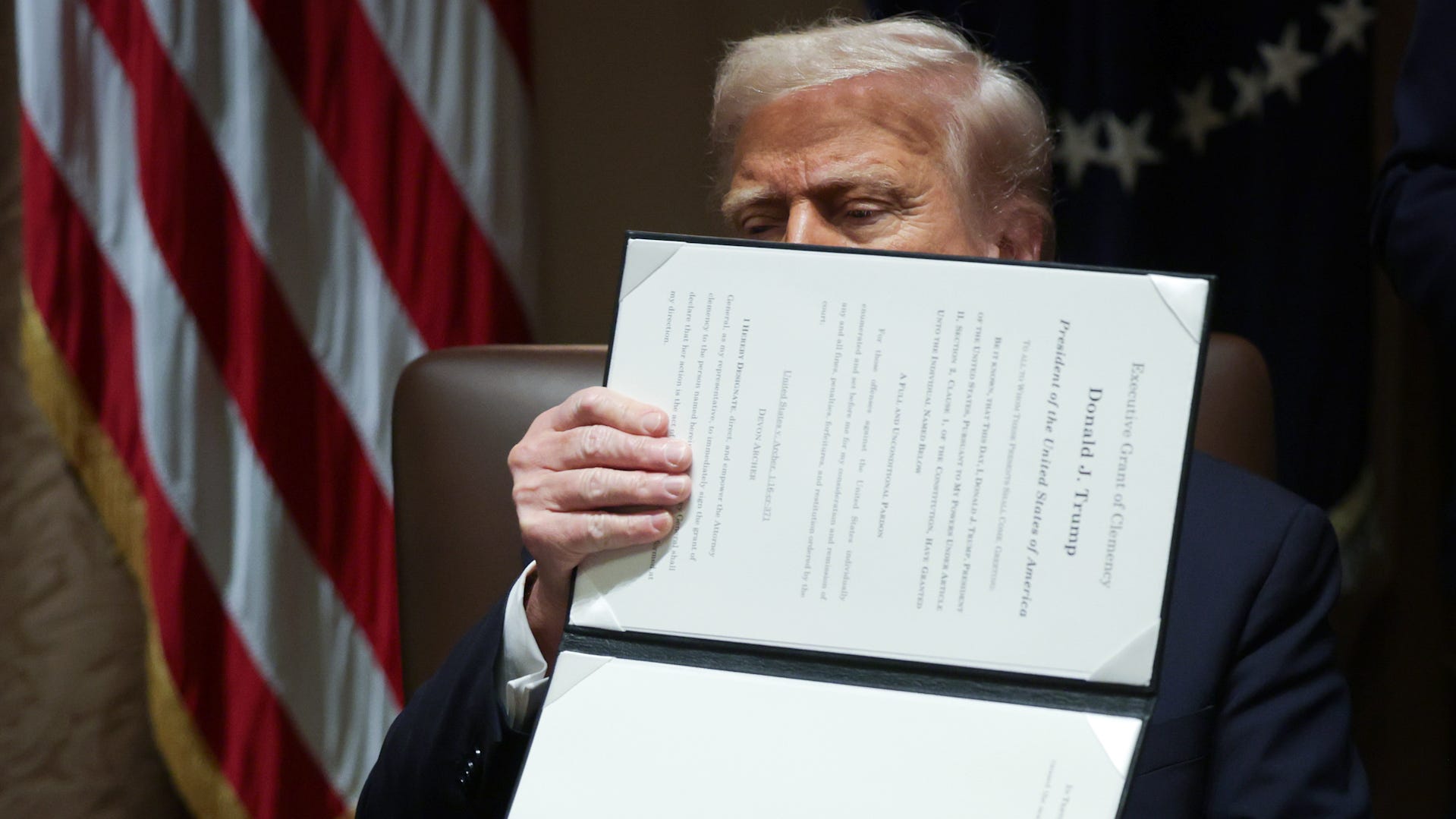Don't call me a Republican. I'm a conservative. Trump and his MAGA GOP aren't. | Opinion
Political labels do matter, but the rise of MAGA makes it harder for people to see the difference.

Oftentimes, people in my personal life characterize me as a Republican, which is not how I would describe myself. I am a conservative. I vote for conservative policies, not whatever the Republican Party decides to endorse in a given moment.
I didn't vote for Donald Trump. I voted for a conservative.
To the typical person, particularly those not glued to politics, those terms may not appear all that different, but not all right-wingers are conservative, and not all conservatives would call themselves Republicans.
This distinction is important to me and for the sake of accuracy. Political labels do matter, and members of the news media should strive for accuracy.The rise of MAGA makes it harder for people to see the difference.
Not all conservatives should be called Republican
When I refer to conservatives, I am referring to the group of Americans committed to conserving the values of the American founding. We are interested in upholding the separation of powers, defending the Constitution and defending individual liberty against tyranny, regardless of who is in office.
We don't prefer a liberal president, though. We just expect a Republican one to be conservative.
Republicans, on the other hand, are partisans whose views are malleable and conform to whatever the party believes at any given moment. The opinions could change quickly if they become an uncomfortable political reality for Republicans.
Republicans might, for example, attack the American judicial system, where conservatives know the importance of checks and balances.
For a long time, the goals of the Republican Party were to advance a conservative agenda. That has changed in the era of Trump. Conservatives were forced to watch as Republicans allowed Trump and MAGA to take over the party.
This new version of the Republican Party preys upon partisans who don't have political principles but would rather bend over backwards to justify Trump's actions, regardless of how they fit within a conservative worldview. Now when Trump's direction interferes with conservative principles, the GOP will adjust its platform to conform to Trump – not the other way around.
While conservatives have long held disdain for tariffs, for example, and continue to criticize Trump's tariff proposals, Republican partisans have no problem changing their minds about tariffs to "own the libs."
Many Republicans are likely to shrug off the now-shrinking Trump economy. Conservatives are worried.
Not all Republicans believe in conservative policy
Conservatives have historically recognized the same guardrails that help keep both sides from veering too far off the political road. Trampling the restrictions on power, even if in the name of policy outcomes we agree with, means opening the door for others to do the same.
Republicans in power now do not recognize this. They act as if they will be in power forever, and as if any violation of the Constitution can be justified by being for a just cause. They don't seem worried about what will happen when Democrats get power back and will likely do the same.
There's a growing body of individuals on the American right who no longer believe in those principles, and with Trump back in the White House, that faction is in power right now.
These people can be accurately described as right-wing. Their end goals are certainly on the political right in America, but the paths they wish to take to achieve them cannot possibly be considered conservative.
Terms may seem insignificant, but they matter
Oftentimes, by those not actually in touch with the movement, the terms right-wing and conservative are used interchangeably. Even I sometimes slip up and refer to Republicans more generally as “conservatives,” and vice versa.
For a long time, those terms more or less referred to the same cohort of people. However, as the realignment of the American right continues to happen, it becomes more and more clear that the primary force behind it is no longer a conservative movement.
Using these terms interchangeably is a mistake for several reasons. For one, it's just incorrect, and we in the news media should strive to be technically correct when discussing political movements.
Another reason, more pertinent to conservatives, is that conflating the terms legitimizes the new right as a movement aligned with our values. They’re not.
In the same way that the term “liberal” has been appropriated to refer to the entirety of the American left, the term “conservative” is likely to suffer the same fate.
I do not blindly vote Republican, I vote to advance conservatism. It irritates me, to say the least, when the MAGA movement is characterized as a conservative one.
Political movements should be described for what they are, and the American right is not pursuing conservative policies or taking actions that preserve our system of government. Pundits should take notice of that fact and adjust their terminology to describe members of the right accurately.
Dace Potas is an opinion columnist for Paste BN and a graduate of DePaul University with a degree in political science.